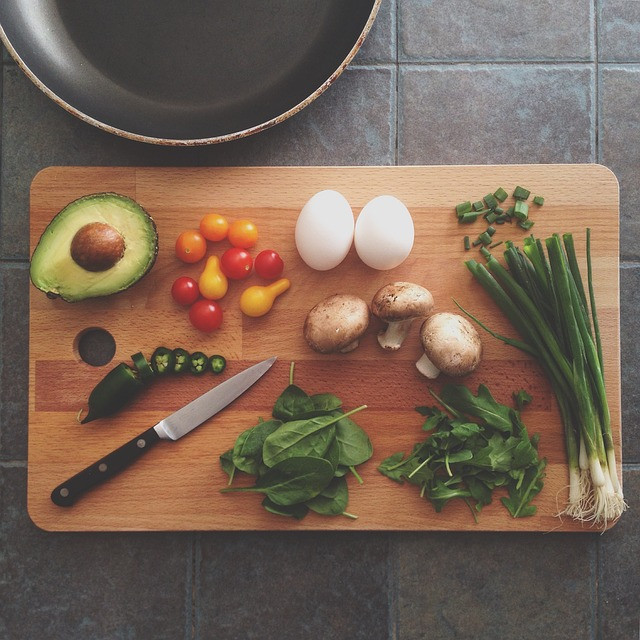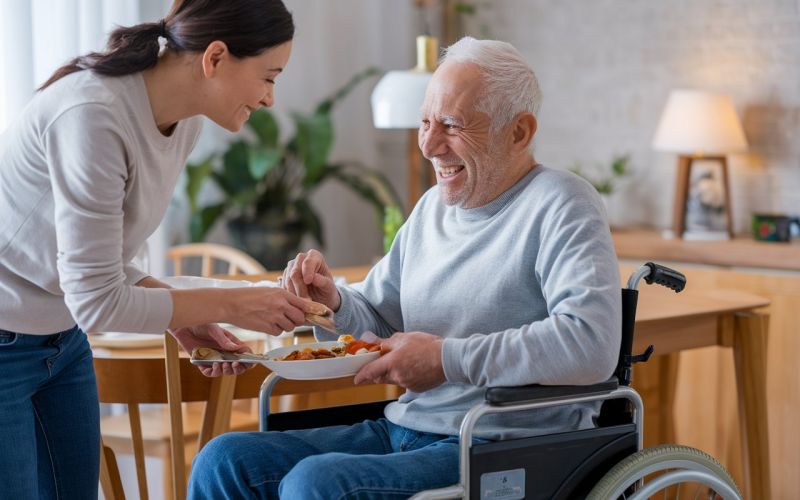iSavta Tips: Hygiene in the Kitchen
The iSavta Team | 13.11.2019

In caring for an Elderly, serving a clean, well-prepared food is as important as serving a healthy and nutritious food.
Someone who is vulnerable and frail like your elderly patient may be particularly vulnerable to infection. It is, therefore, essential to take simple steps when preparing and cooking food to reduce the risk of contamination. In order to minimise the health risks, you need to keep your kitchen and cooking utensils clean, store food wisely and prepare it carefully.
Save More. Pay Less. Send Through Rewire Now!
To prevent food from contamination, make the following simple steps part of your daily kitchen routine:
Cleanliness
- Keep pets away from all food and kitchen surfaces.
- Wash your hands before and after preparing food.
- Clean utensils and cutting tools thoroughly.
- Change and wash cloths and kitchen towels regularly.
- Avoid wiping your hands repeatedly on an apron or cloth.
- Cover any cuts or sores on your hands with a waterproof dressing or gloves.
Preparation
- Do not eat food from damaged containeers, or food that has passed its expiry date.
- Wash fresh fruit and vegetables thoroughly.
- Do not use the same knife or chopping board to prepare cooked and uncooked foods at the same time.
- Do not prepare food too far in advance.
- Follow frozen food guidelines exactly.
Cooking
- Ensure that all meat and fish is thoroughly cooked.
- Do not taste food with your fingers.
- When reheating food, check that it is thorougly hot and do not reheat it more than once.
- Follow cooking guidelines exactly on all products.
- Eat cooked food while it is hot.
- Avoid giving the following food to the ill or the elderly: pate or soft cheeses, as they may contain listeria bacteria; raw eggs, under-cooked eggs or undercooked meat, especially poultry, as these can cause salmonella poisoning.
Do's and Don'ts
Follow these guidelines when you are buying and storing food:
- Do check that the inner wrapping of packaged goods, and the seals and rims of tinned goods, are not damaged.
- Do check the expiry date on goods before purchasing them.
- Do put food in the fridge or freezer as soon as possible after purchase.
- Do place fruit and vegetables in the bottom of the fridge, and fish and meat in the coldest part. Clean out fridges and freezers regularly.
- Don't store raw and cooked foods on the same shelf. Put raw meat and defrosting products on a plate to stop them from dripping.
- Don't put raw and frozen foods in the same shopping bag. Place frozen food in a cool bag, if you have one.
Follow these basic tips in preparing your elderly patient's food to prevent and avoid the risks of food contamination or poisoning.












